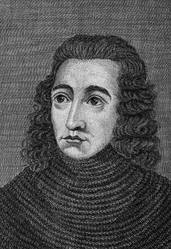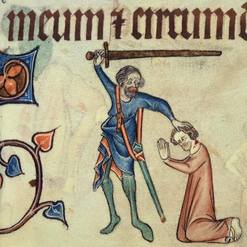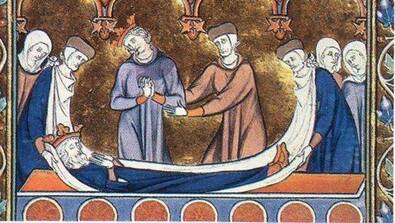1. Middle children are not particularly interested in family hierarchy or ranking:
Clarence could not have cared less that his brother was king, he would undermine him given an opportunity, he had joined in all the careless talk, calling into question the legitimacy of the kings birth. His later actions had convinced Edward that he was looking to take the throne out from under him.
2. Middle children are more interested in taking advice from others outside the main family group:
Clarence was reliant on his cousin Richard Neville rather than Edward or Richard. He took Neville's 'advice' on more than one occasion, joining him in supporting a northern rebellion and went along with the idea to restore King Henry VI to the throne of England, realising too late that listening to Neville was not a good idea after all.
3. Middle children are risk takers and are more rebellious than their siblings:
Clarence certainly ticks both these boxes. By rebelling with Neville, Clarence risked everything and lost. He lost his position as Lord Lieutenant of Ireland, and by organising yet another rebellion, because of the loss of his Warwick lands to Richard, he caused a major rift that was ultimately the last nail in his coffin.
4. Middle children don't like conflict:
This is one category that Clarence doesn't fit into.
Of course, Clarence wasn't a middle child at all, he was number six of seven so you could argue that this hypothesis doesn't make any sense at all.....but it does if you look at it from the point of view that he was eventually slap bang in the middle of three boys. His older brother Edmund had died at the Battle of Wakefield aged just seventeen, I wonder if he had lived he would have shown the same personality traits as Clarence or would Clarence have been a different person altogether?
Supposition this may be, but whatever the cause Clarence turned out to be a weak self-centred man, and in the end, it was greed and jealousy that cost him his life.




 RSS Feed
RSS Feed
